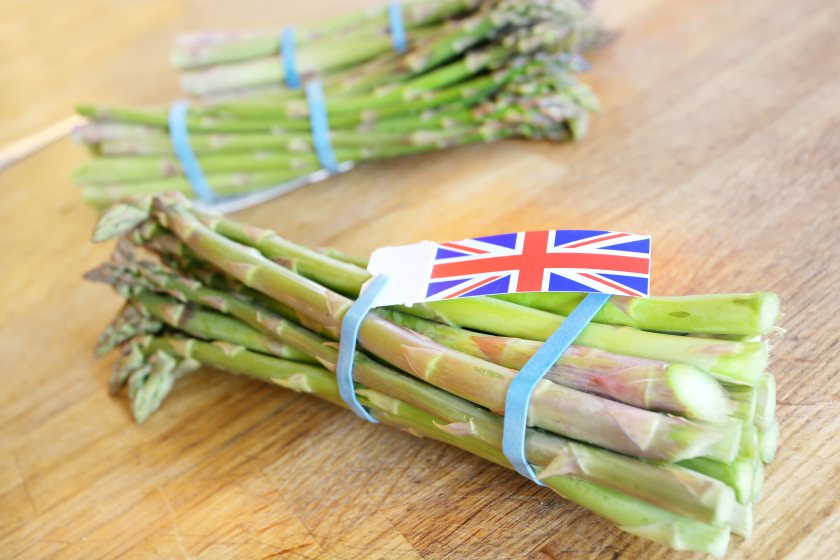
Public confidence in British agriculture has climbed to its highest level in seven years, with consumers viewing farmers as trusted experts who deliver on their promises, according to new research.
The findings from AHDB's Consumer Trust Study highlight rising confidence across the food supply chain and in every major farming sector.
Conducted with Blue Marble Research, it shows that 71% of UK consumers now feel positive towards British agriculture — the highest level since records began.
Positivity towards British farming has increased notably this year, with cereal (75%), dairy (72%), beef (68%), pig (63%) and poultry (62%) sectors all seeing gains. Sentiment towards fruit and vegetable (79%) and sheep (67%) farming remains strong, matching 2024 levels.
Commenting on the findings, Steven Evans, AHDB’s lead consumer insight manager, said the results underline a growing appreciation for the role of British farmers.
“This is the seventh year we have carried out this research, and it is encouraging to see consumer perception of British agriculture continuing to grow,” he said.
“Consumers not only feel more positive about UK agriculture, but they also trust farming as a profession and feel that farmers align with some of their key values.
"This is a testament to the hard work and dedication of British farmers and growers in providing food for our nation.”
The study found that 77% of UK adults consider farming a “trustworthy profession”, ranking second only to doctors (80%) and ahead of scientists, teachers, and nutritionists.
Farmers also outperform other food-related professions in key value areas, particularly in demonstrating expertise, caring for people and animals, and delivering on promises.
Interest in farming and food production is also on the rise. Nearly half of consumers (48%) now say they have a strong interest or specialist knowledge in the subject, up from 44% in 2024.
This enthusiasm is strongest among younger adults — 58% of 18–24-year-olds and 78% of 25–34-year-olds express strong engagement with farming and food issues.
However, the research also found that a quarter of consumers still feel poorly informed about how food is produced, often citing lack of time, contradictory information, or uncertainty about where to find reliable sources.
The channels shaping consumer food choices are changing fast. Social media has now matched television in its influence — particularly among under-44s — with platforms such as YouTube, Facebook, Instagram, and TikTok leading the way.
When asked who most influences their food decisions, shoppers cited supermarkets (46%) and health professionals (37%) as top sources. While farmers ranked lower at 19%, nearly two-thirds (64%) of those who follow farmers said they find their advice trustworthy.
Evans said the findings highlight a major opportunity for the industry to strengthen its public connection. “It’s clear that British consumers are more engaged and optimistic about farming than ever before,” he said.
“With social media’s influence growing, offering new opportunities for farmer-led, relatable communication will be vital to target a wide range of consumers.”
